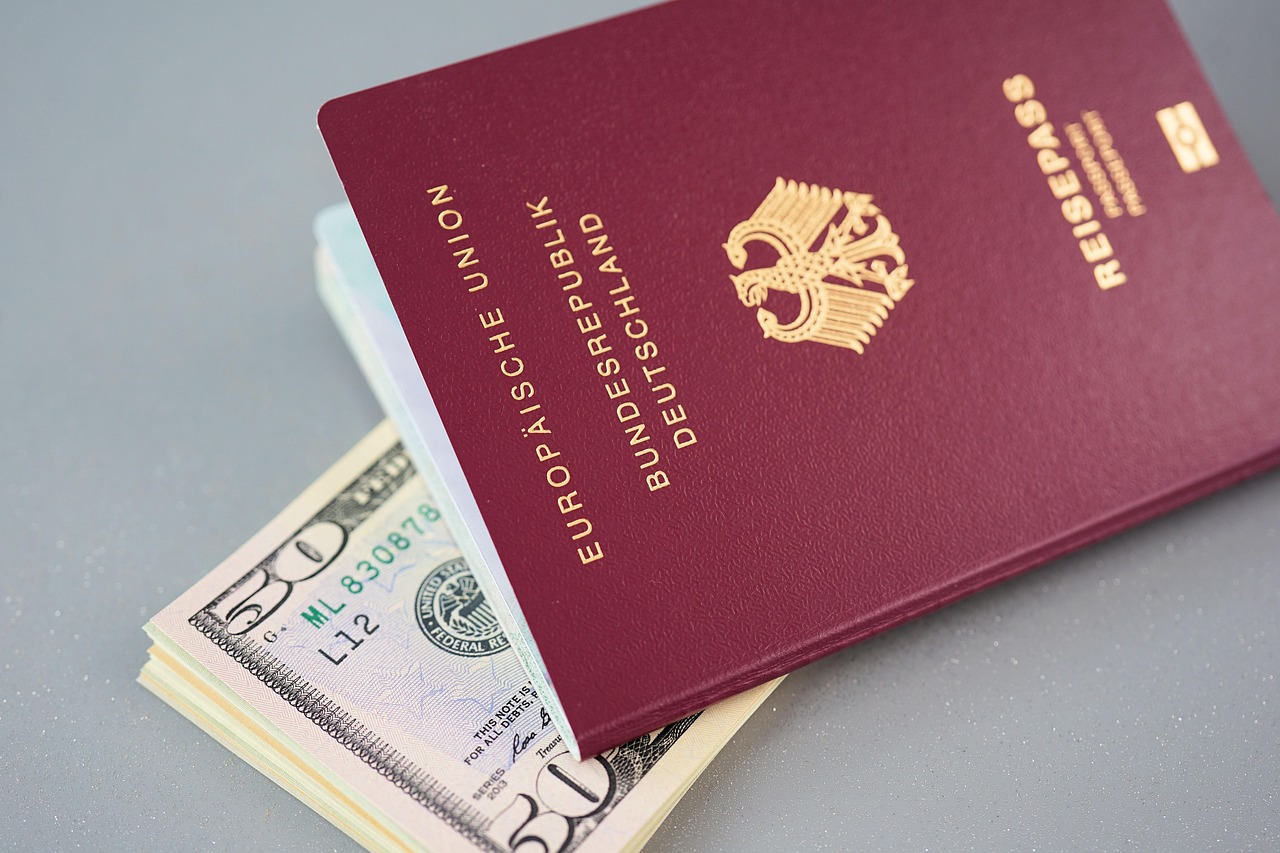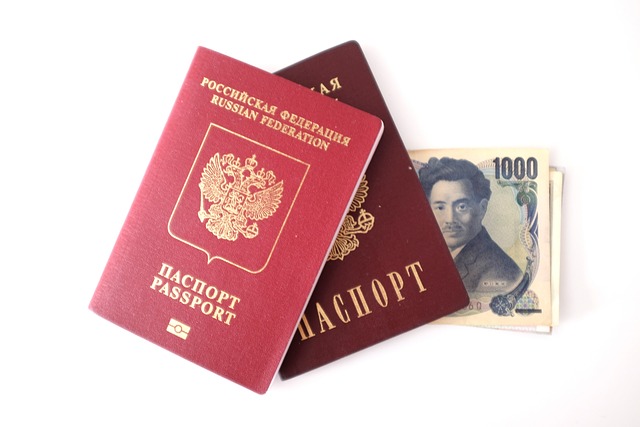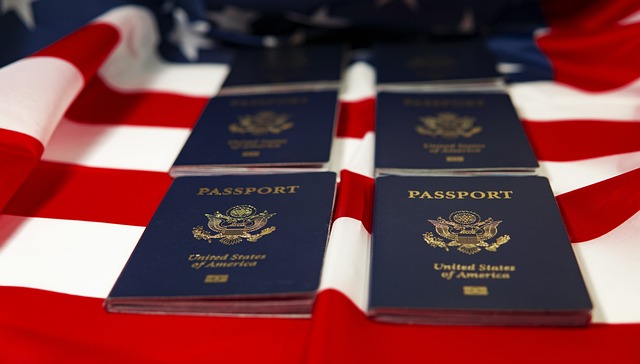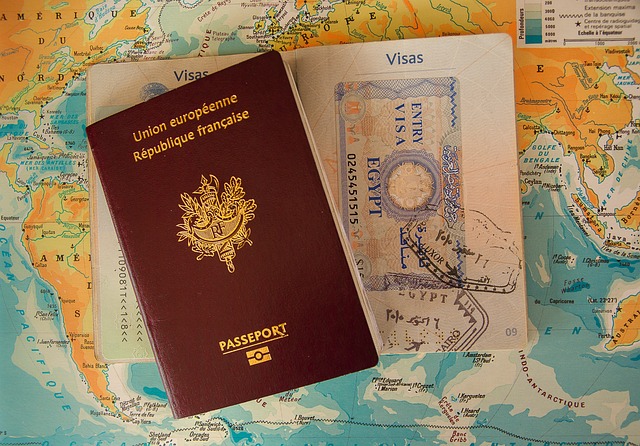Retirement Visas: Moving to Switzerland After Retirement

Switzerland, with its stunning landscapes, high quality of life, and excellent healthcare system, is an attractive destination for retirees seeking a peaceful and prosperous environment. However, moving to Switzerland after retirement requires careful planning and understanding of the country’s visa and residency requirements. This guide provides a comprehensive overview of the retirement visa process, eligibility criteria, and practical tips for retirees considering Switzerland as their new home.
1. Why Retire in Switzerland?
Switzerland offers numerous benefits for retirees, including:
- High Quality of Life: Switzerland consistently ranks among the top countries for quality of life, with excellent healthcare, safety, and infrastructure.
- Beautiful Landscapes: From the Alps to pristine lakes, Switzerland’s natural beauty provides a serene and picturesque environment.
- Excellent Healthcare: The Swiss healthcare system is one of the best in the world, offering high-quality medical services.
- Multicultural Environment: Switzerland’s diverse population and multilingual culture make it an inclusive and welcoming place for expats.
2. Types of Retirement Visas
Switzerland does not have a specific “retirement visa.” However, retirees can apply for a long-term residence permit under certain conditions. The most common options include:
1. Residence Permit for Pensioners (Non-Working Permit)
This permit is for retirees who do not intend to work in Switzerland. Applicants must demonstrate sufficient financial means to support themselves without employment.
2. Residence Permit for EU/EFTA Nationals
Citizens of European Union (EU) and European Free Trade Association (EFTA) countries have more flexible options for retiring in Switzerland under the Agreement on the Free Movement of Persons.
3. Residence Permit for Non-EU/EFTA Nationals
Non-EU/EFTA nationals face stricter requirements and quotas for residence permits. They must apply through the Swiss embassy or consulate in their home country.
3. Eligibility Criteria
To qualify for a retirement residence permit in Switzerland, applicants must meet the following criteria:
1. Financial Self-Sufficiency
Retirees must prove they have sufficient financial resources to support themselves without working. This typically includes:
- A stable and regular income from pensions, savings, or investments.
- Proof of health insurance coverage in Switzerland.
2. Health Insurance
Switzerland requires all residents to have health insurance. Retirees must purchase a Swiss health insurance policy that meets the country’s standards.
3. Accommodation
Applicants must provide proof of accommodation, such as a rental agreement or property ownership.
4. Clean Criminal Record
A clean criminal record is essential for obtaining a residence permit. Applicants may need to provide a police clearance certificate from their home country.
5. Language Proficiency
While not always mandatory, knowledge of one of Switzerland’s official languages (German, French, Italian, or Romansh) can be beneficial for integration and daily life.
4. Application Process
Step 1: Research and Preparation
- Determine the type of residence permit you need based on your nationality and retirement plans.
- Gather all required documents, including proof of income, health insurance, and accommodation.
Step 2: Submit Application
- Non-EU/EFTA nationals must apply for a visa at the Swiss embassy or consulate in their home country.
- EU/EFTA nationals can apply for a residence permit after arriving in Switzerland.
Step 3: Attend an Interview
Some applicants may be required to attend an interview at the Swiss embassy or consulate.
Step 4: Wait for Approval
Processing times vary depending on the type of permit and the applicant’s nationality. It can take several months for non-EU/EFTA nationals.
Step 5: Move to Switzerland
Once the residence permit is approved, retirees can move to Switzerland and register with the local authorities.
5. Financial Considerations
1. Cost of Living
Switzerland has a high cost of living, including housing, healthcare, and daily expenses. Retirees should ensure they have sufficient savings and income to cover these costs.
2. Taxation
Switzerland has a favorable tax system for retirees, but tax rates vary by canton. It’s advisable to consult a tax advisor to understand your tax obligations.
3. Currency Exchange
Retirees receiving income in a foreign currency should consider the impact of exchange rates on their finances.
6. Healthcare in Switzerland
Switzerland’s healthcare system is renowned for its quality but can be expensive. Key points to consider:
- Mandatory Health Insurance: All residents must have basic health insurance, which covers essential medical services.
- Supplementary Insurance: Retirees may opt for supplementary insurance to cover additional services such as dental care and private hospital rooms.
- Healthcare Costs: Premiums and out-of-pocket costs can be high, so it’s essential to budget accordingly.
7. Practical Tips for Retirees
1. Learn the Language
While many Swiss people speak English, learning the local language (German, French, or Italian) can enhance your experience and help with integration.
2. Explore Housing Options
Switzerland offers a range of housing options, from urban apartments to rural villas. Consider your lifestyle preferences and budget when choosing accommodation.
3. Join Expat Communities
Connecting with other expats can provide support and help you navigate life in Switzerland. Many cities have expat clubs and social groups.
4. Understand Swiss Culture
Switzerland has a unique culture and traditions. Taking the time to understand and respect these can enhance your experience and help you integrate.




